Biochemistry studies the chemical processes in living organisms and those that relate to such organisms. To succeed in this field, you must understand the structures, functions, and interactions of biological molecules. Those include sugars, fats, and proteins, as well as nucleic acids and other macromolecules. What else should we know about biochemistry? In this article, we explore the meaning of biochemistry, its historical development, and the diverse range of career opportunities in this field.

What Is Biochemistry?
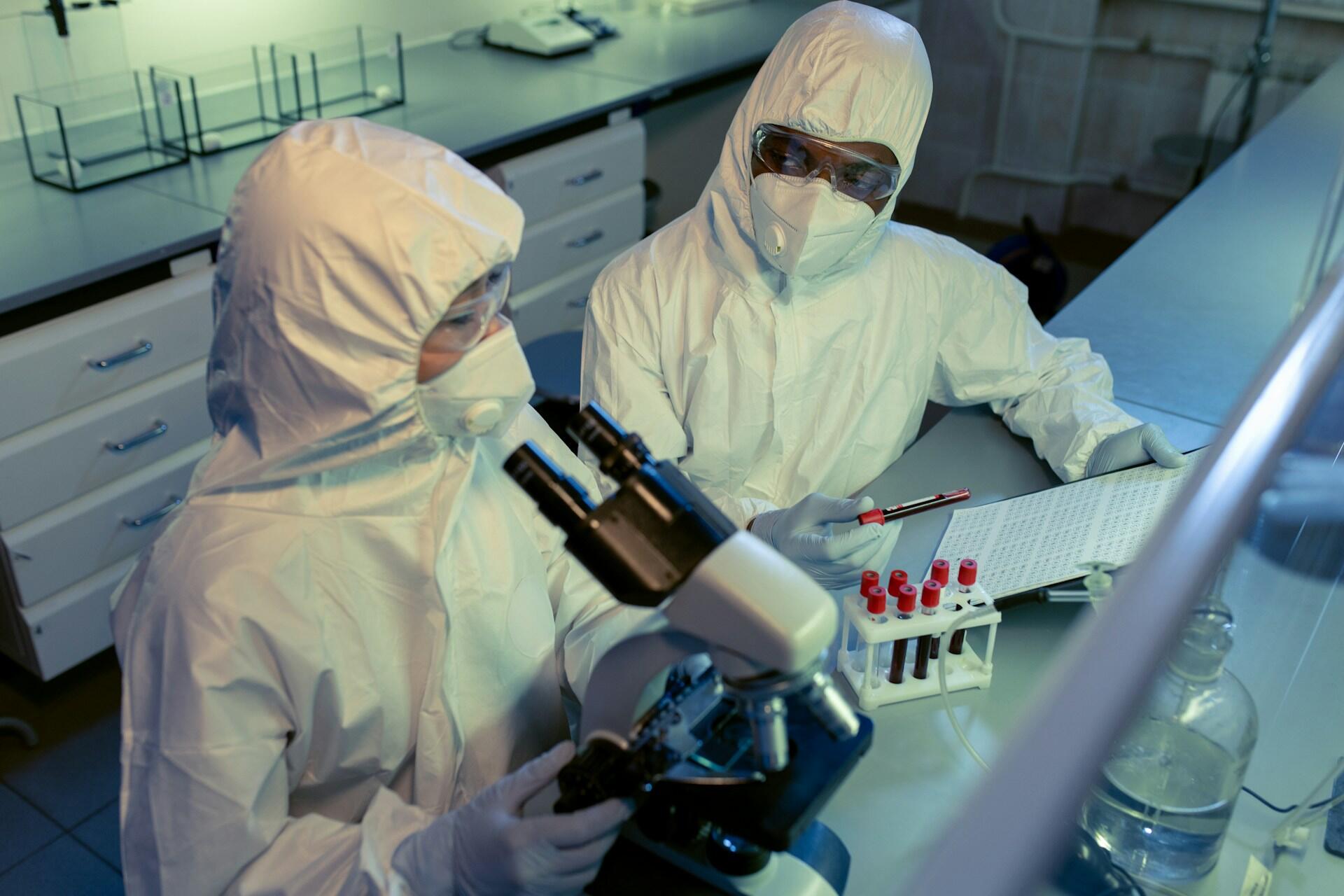
This branch of science blends chemistry with biology to explain living processes in greater depth and detail. This science addresses the structures, functions and interactions within organisms.
Biochemistry studies the 'power sources' - proteins, carbohydrates, fats and other biomolecules, that define organisms' cells. In short, this is a vast field of study, that breaks into three major areas:
Metabolism
The chemical reactions that sustain life in organisms.
Enzymology
The study of proteins driving organisms' chemical reactions
Structural biology
Analysis of structures that living cells form, maintain, and refine.
Technological advances over the past 40+ years have enhanced and expanded biochemical studies. Today, we have the tools to examine the micromolecules that fuel and shape living cells.
Scientists apply this knowledge to improve health and longevity, for humans and other life forms. Such work extends from researching disease to designing medications to counter them.
Biochemistry Meaning
As noted above, this branch of science is a melding of chemistry and biology. More specifically, it studies the chemistry of biology.
By extension, biochemistry broadens each of those science fields. They have substantial overlap that is mostly ignored when studying one or the other. By contrast, majoring in Biochemistry gives you full access to both sciences.
The Early Days of Biochemistry
Thinking in terms of pure academic science, we can trace the history of biochemistry to the Ancient Greeks. That early civilisation studied the composition and components of living things - the very definition of biochemistry.
However, those ancient explorers lacked the tools to pursue the science. At least, to anything more than shallow depths. Theories and postulates formed much of their body of work.
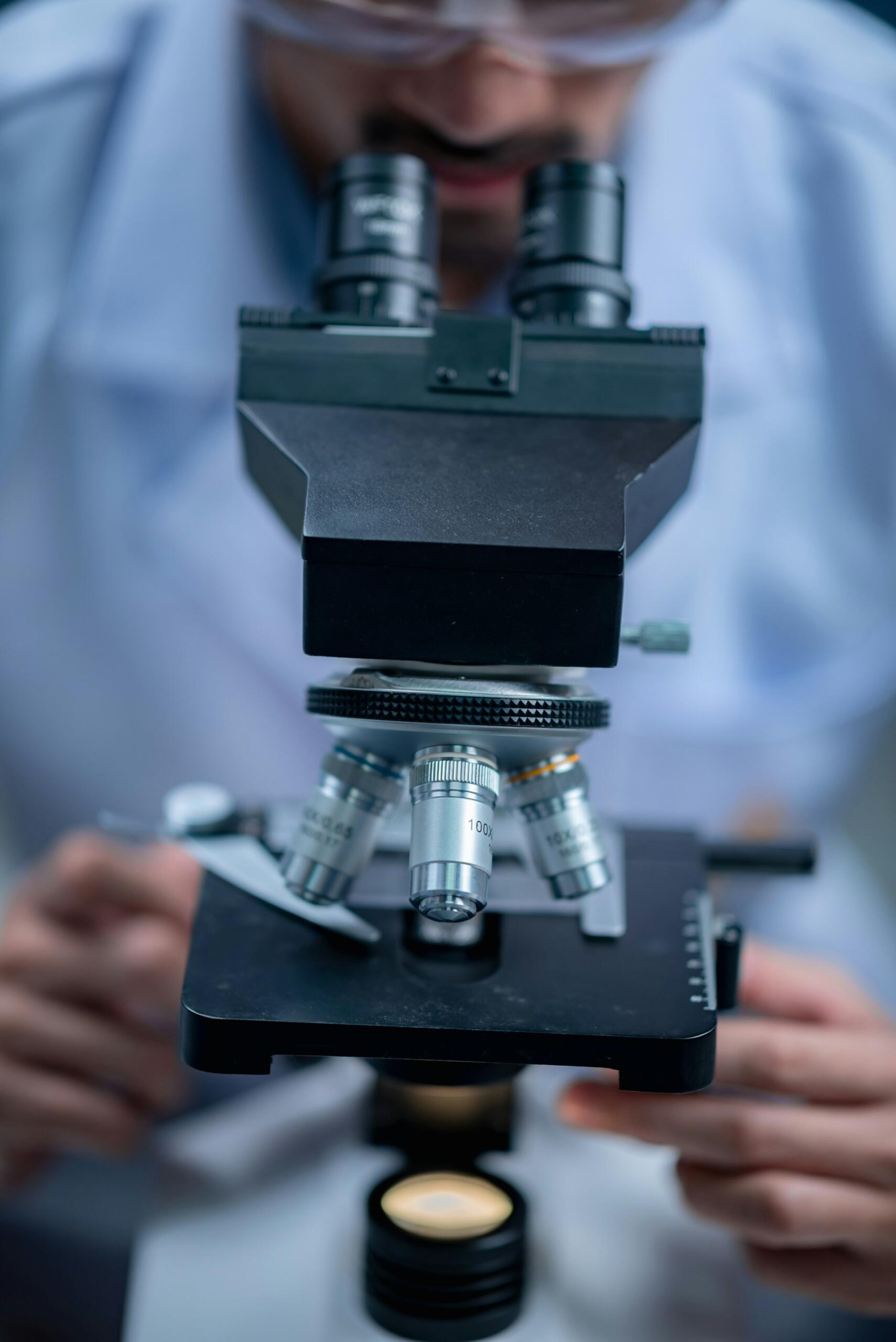
The study of biochemistry, as we know this science today, got its start sometime in the early 19th Century. However, there is some debate over exactly when that start was.
Unlike determining the origins for the field of physical chemistry, we don't have an exact date to pin biochemistry to. Instead, we have several:
1770s
Antoine Lavoisier conducts the first respiration studies
He also studied fermentation processes
1833
Anselem Payen discovers diastase, the first enzyme
It's now called amylase
1842
Justus von Liebig publishes his seminal work
His book presented the first chemical theory of metabolism
Early 1900s
Emil Fischer investigates proteins
1907
Frederick Gowland Hopkins connects lactic acid with muscle contraction
By the time Hopkins and his research partner, Sir Walter Morley Fletcher demonstrated oxygen depletion's effects on muscle cells, the field of biochemistry was well and truly established.
The term 'biochemistry' first appeared in the work Compendium der Biochemie in 1858.
Austrian chemist Vinzenz Kletzinsky authored this work.
That Austrian biochemist's book was the first to cobble 'biology' and 'chemistry' together. We might debate whether German physiologist Felix Hoppe-Seyler had a copy.
In his 1877 article in a medical journal, he used 'biochemistry' as a synonym for 'physiological chemistry'. All things considered, an apt description. But others maintain that another German scientist deserves the credit for 'fathering' this sub-discipline.
The Father of Biochemistry
Carl Neuberg was a diligent student who was coerced into chemistry studies. He enrolled at the University of Berlin, and began his life as a scientist in 1898, while still a student. He earned his PhD in 1903, and landed a professorship at this alma mater three years later.
He founded his Biochemistry Journal that year (1906), reporting on his work in cell transport and solubility. He also pioneered the study of amino acids and enzymes from the chemistry perspective.
1. In 1911, he discovered the pyruvate decarboxylase enzyme.
2. He established methods for trapping intermediate metabolites.
Like Jean-Marie Lehn, a pioneer in the study of organic chemistry, Carl Neuberg never aspired to a career in chemistry. He studied astronomy in school, but changed his major at his father's request, as his father wanted him to become a brewmaster. Much to science's benefit, he cast his father's dreams aside to blaze the trail into biochemistry.
He was at the height of his genius in 1936, when he was forced out of his position. He left Germany the next year, eventually making his way to the United States (in 1940).
Unfortunately, no school or laboratory would hire him, at his advanced age. Still, his reputation as a scientist of merit allowed him associations in academic circles. He continued his work on cell transport processes, and enzymes, in collaboration with several universities.

Study for a Biochemistry Degree
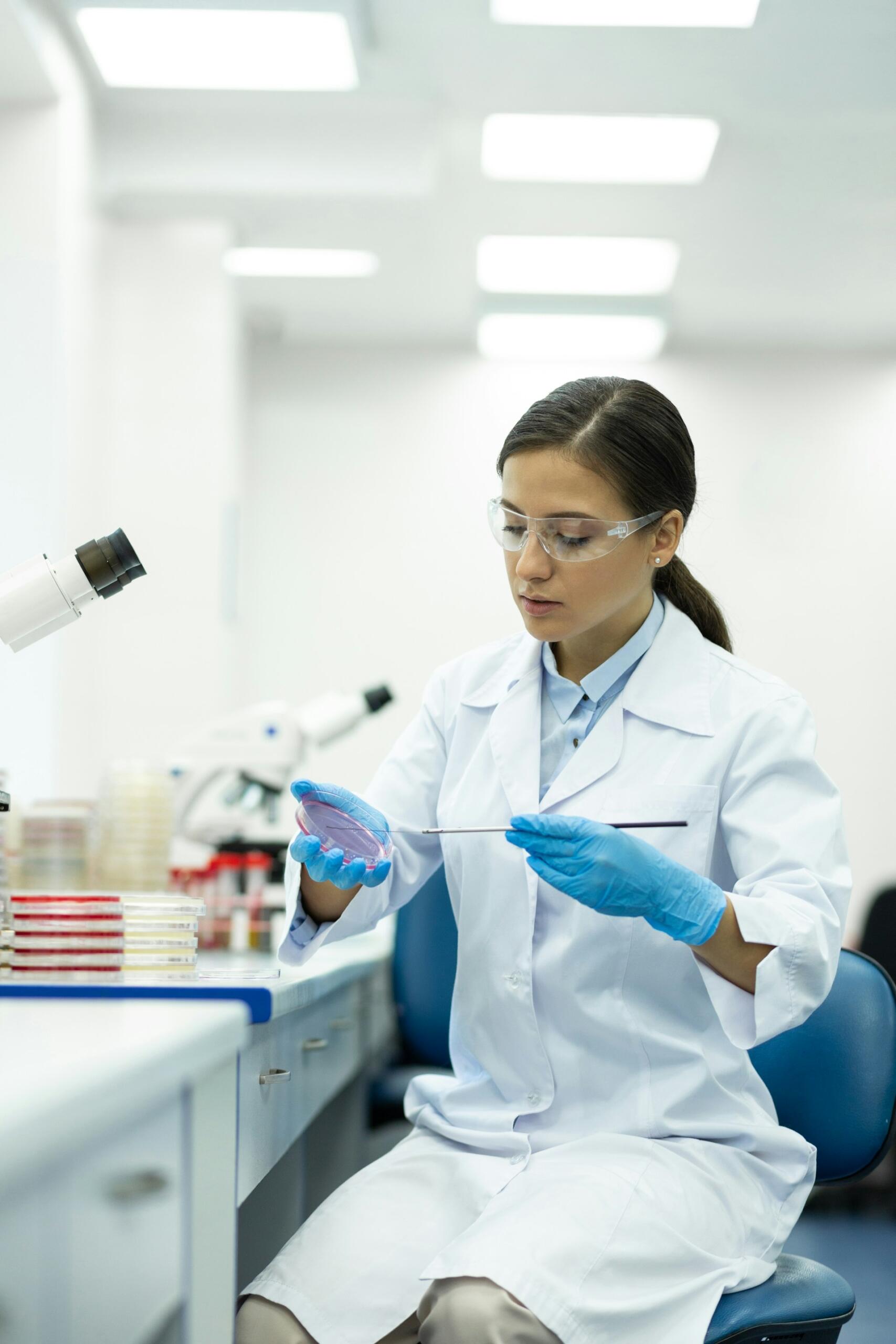
Your biochemistry studies start when you're in secondary school. As you select your GCSE subjects, be sure to tick the Combined Science box. Or, you may sit Biology and Chemistry exams separately.
A-Level courses do not offer a combined science degree. Studying A-Level Biology and Chemistry increases your chances at acceptance to the university study program of your choice.
But, you may get by with studying only one of those sciences.
Check your target universities' course page to verify their Biochemistry course prerequisites.
As an undergraduate, your degree plan will comprise mandatory (core) courses, and electives. Choose your electives to match your learning and professional goals. For instance, if you're aiming for a career in Wildlife Biochemistry, a zoology elective will benefit you.
Note that you will conduct a research project in your third year at university. This is your chance to test your aptitude and desire for your chosen field. We'll let this uni student describe her choices, and what her study program is like.
What Can You Do With a Biochemistry Degree?
Like future scientists who pursue analytical chemistry studies, biochemistry graduates can look forward to a lot of lab work. But, unlike other chemistry students, holding a biochemistry degree gives you far more career choices.
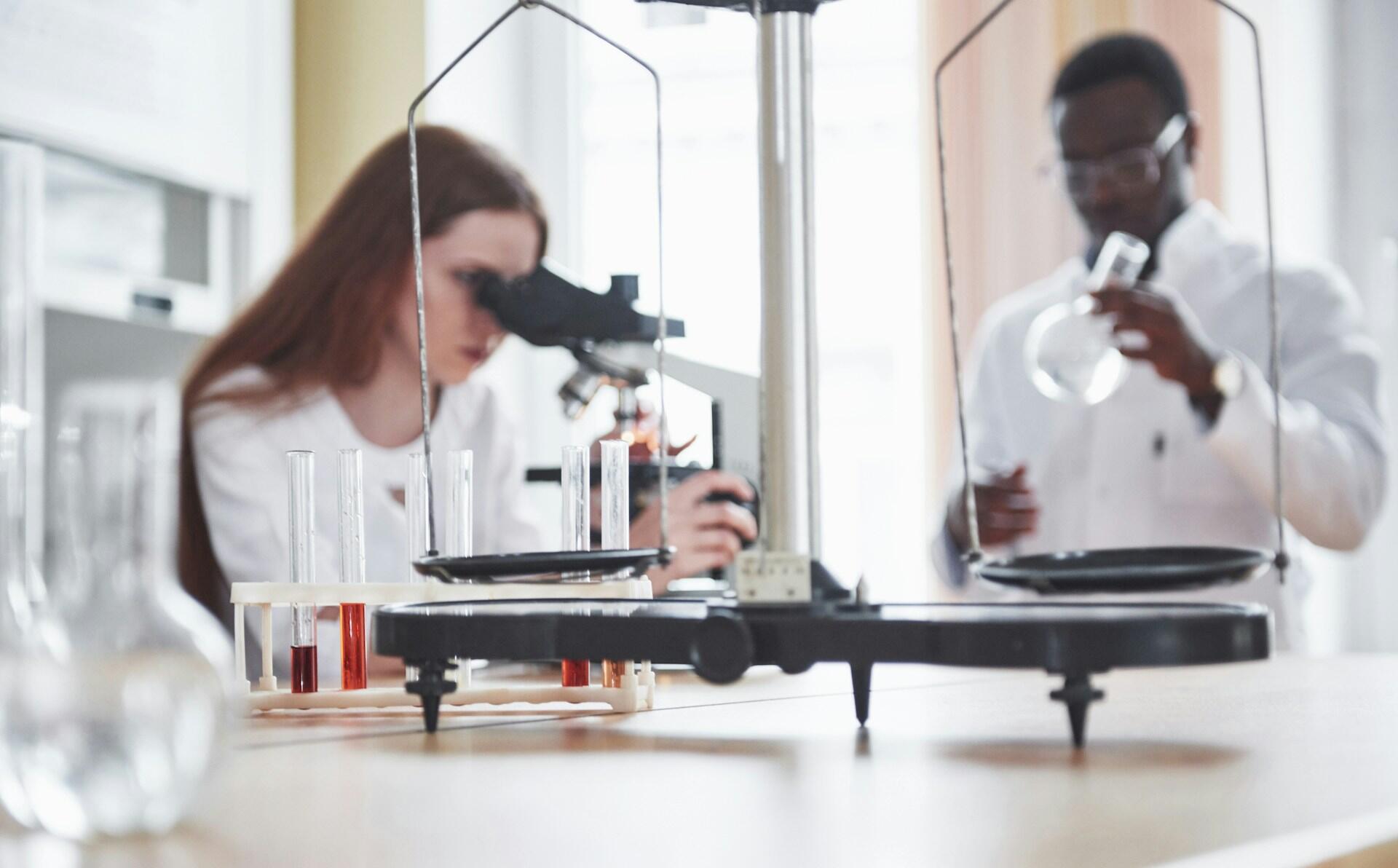
That, despite most chemistry work happening in laboratories.
If you're an undergraduate Biochemistry student, you're likely thinking about your options. At this level of development, you have two choices: stay in school or end your academic career and join the workforce. You have up- and downsides to consider for both options:
| 🤔Option | 😁Pros | 😫Cons |
|---|---|---|
| Further study | Learn more about your chosen field Opportunity to specialise Greater networking opportunities | Further school expenses Delayed entry into the workforce Risk of academic burnout |
| Join the workforce | The end of school fees Start earning Gain experience Can return to study later | Mostly low-level positions Typically lower wages Limited advancement prospects |
Biochemistry Jobs
If you plan to go into research, you must stay in school. Those added years of academia (and expense!) expand your career options. You might explore these possibilities before deciding your next move.
Molecular Biologist
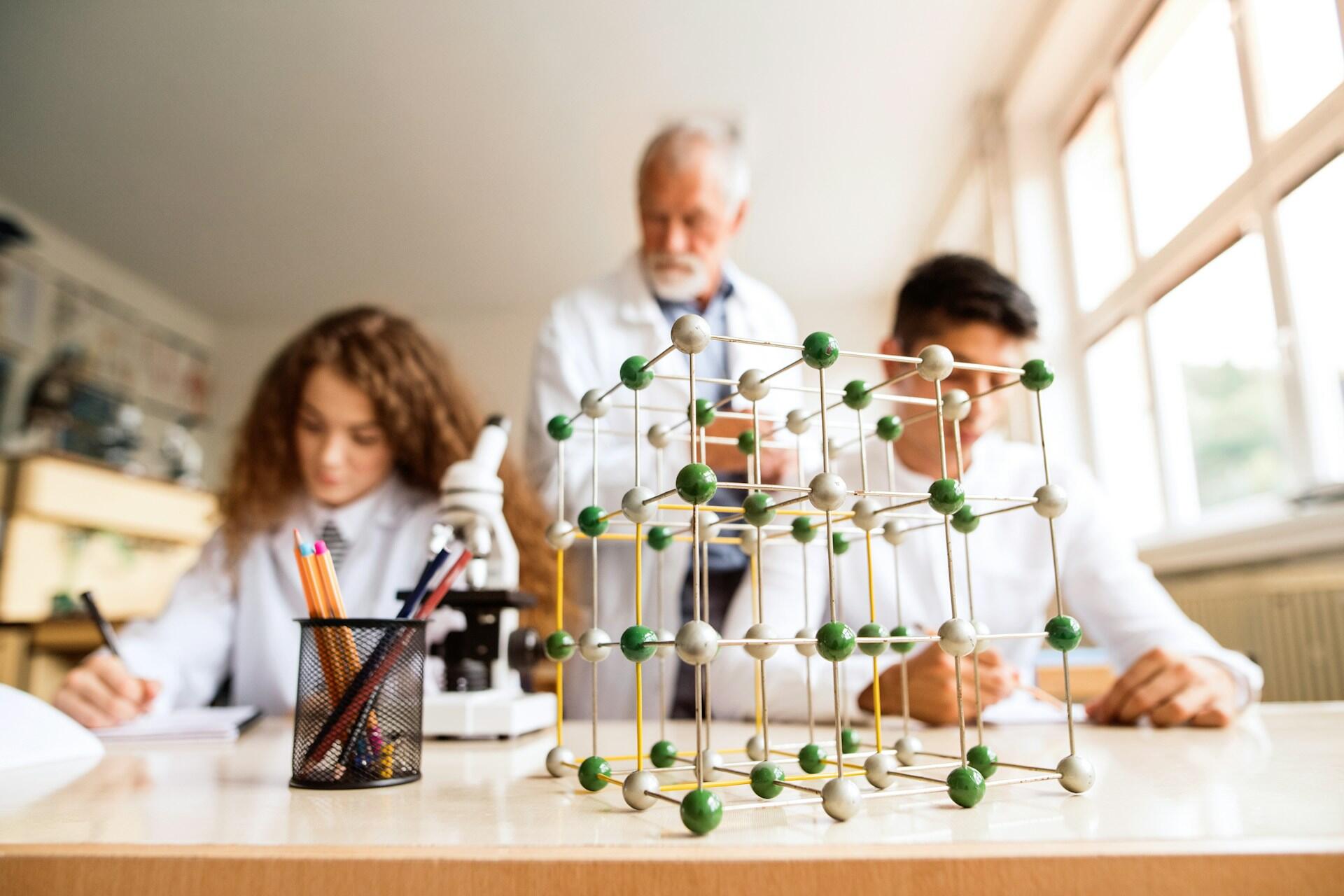
Study cell processes in living organisms to improve health and fight disease.
Biochemist
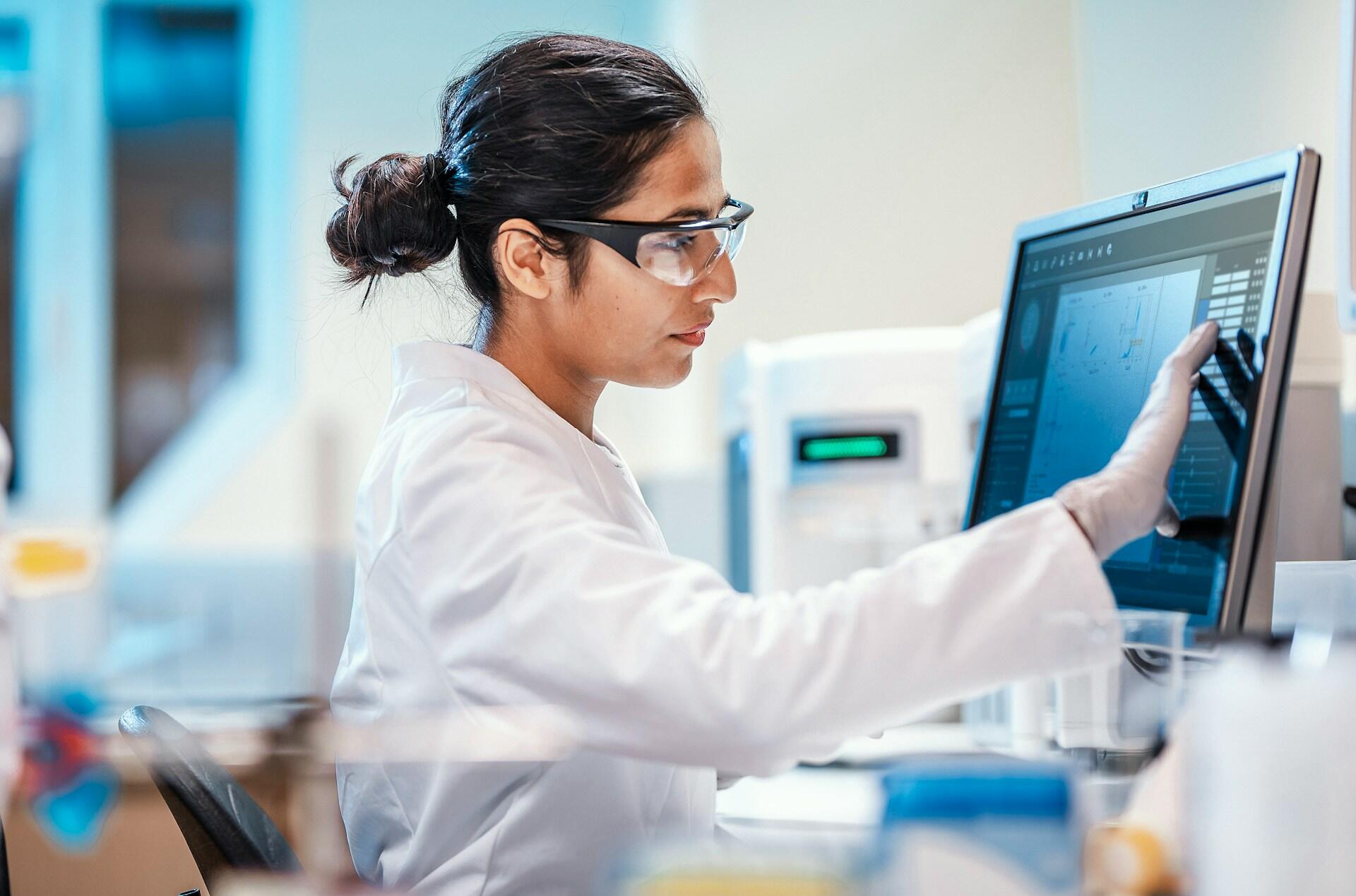
Study biological molecules' properties and interactions to understand biological processes.
Research
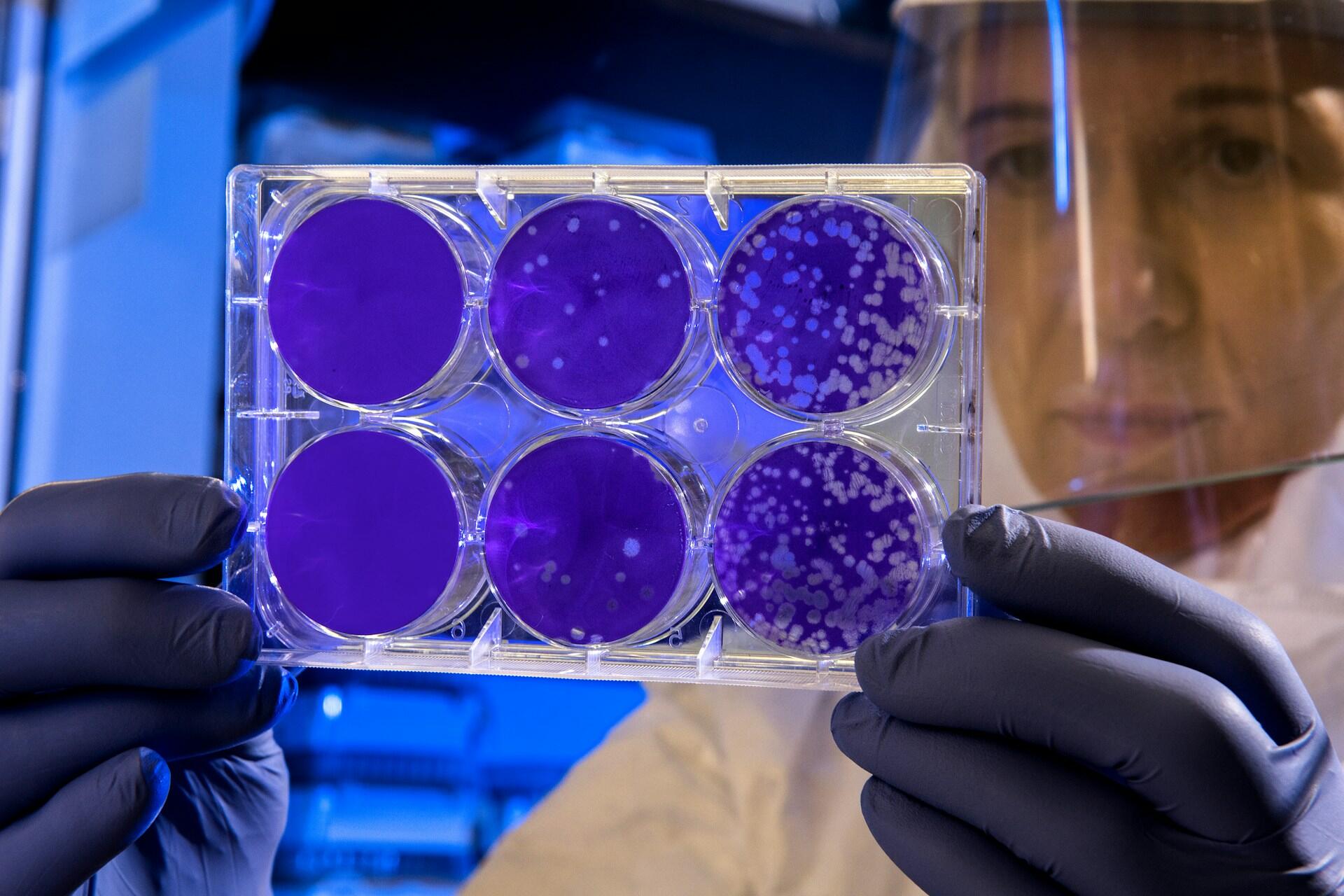
Establish and/or investigate new discoveries to develop new drugs, and/or prevent disease mechanisms.
Biochemical Technician

Work with engineers and chemists in manufacturing plants or laboratories.
These career paths, and the ones we cover below, prove that biochemistry graduates have more opportunities than even those who major in other fields of chemistry study.
The theory that having too many options paralyses the chooser's decision-making process.
But, as the Paradox informs us, having many choices can sometimes hurt people's chances at selecting their best options. Are we helping or hurting by presenting more career options for Biochemistry graduates? 🤔
Public-Facing Biochemistry Careers
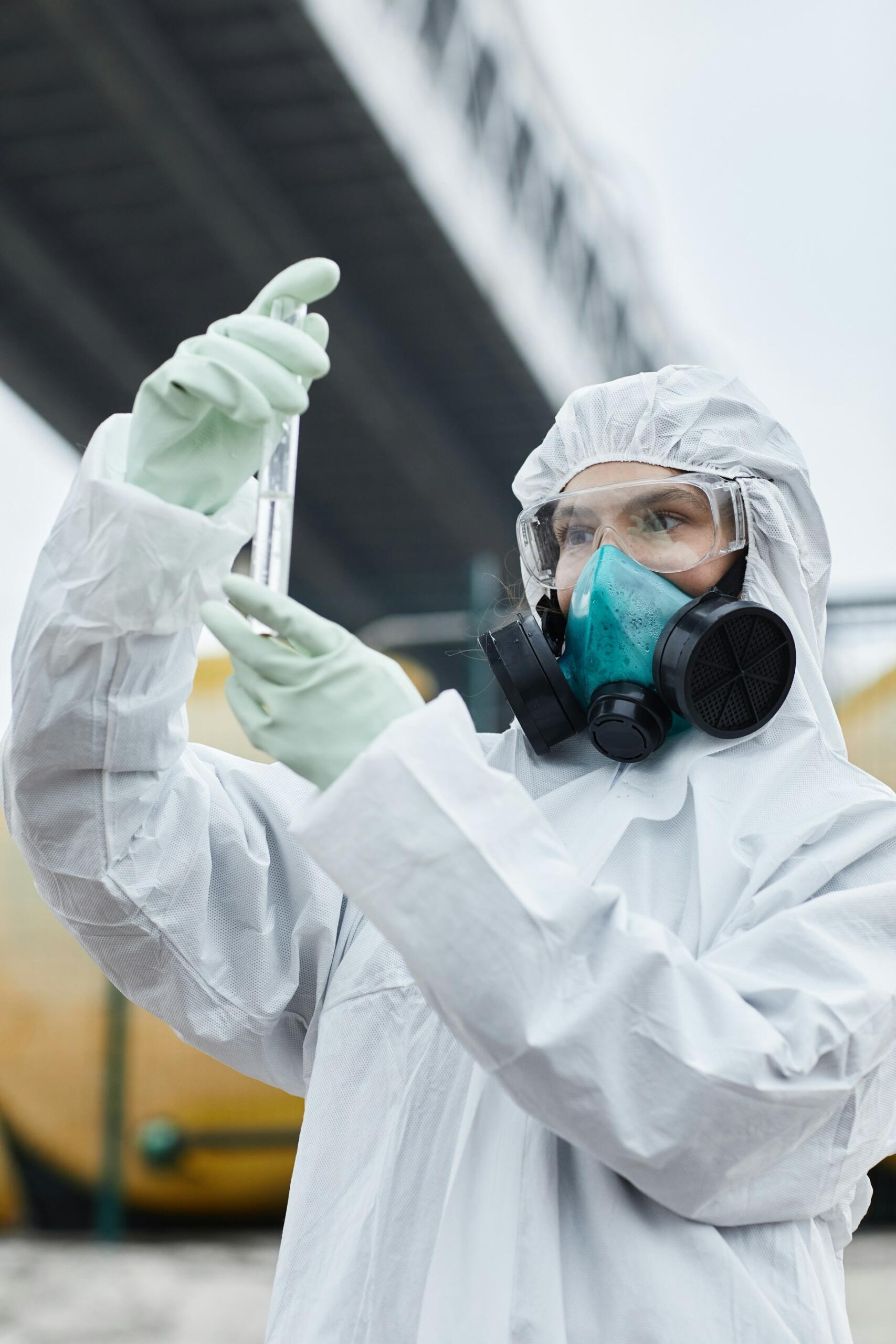
Some Biochemistry majors dream of fusing their scientific mindset into public service. After all, immersing oneself in research can be, and often is, a solitary pursuit. One might work in a well-staffed laboratory, yet still be isolated in their thoughts - the absent-minded professor stereotype.
Besides, writing/publishing one's findings is, by necessity, a companionless endeavour. As every researcher will tell you, publishing is what makes your work relevant.
Fortunately for biochemists who crave public contact, these career fields are booming.
Apply biochemistry skills to dispense medicine and advise patients.
Contribute to drug research and development.
Advise organisations on research techniques.
Guide research initiatives.
Help market research findings.
Apply biochemistry to process and testify about crime scene evidence.
Help monitor diseases from patient samples and analyse the results.
Besides these public-facing career paths, you might consider teaching the next generation of biochemists. Never has the need for quality science education been more urgent, from the primary level upwards.
Naturally, that will mean you must expand your studies, particularly if you plan to teach at the university level. So, you might consider minoring in inorganic chemistry studies, or some other branch of chemistry. Plus, you'll have to earn your teaching certificate.
Or, you could become a Superprof chemistry tutor. This pathway frees you from the constraints classroom teachers labour under, and it means you won't have nearly as many administrative tasks.
Summarise with AI:















